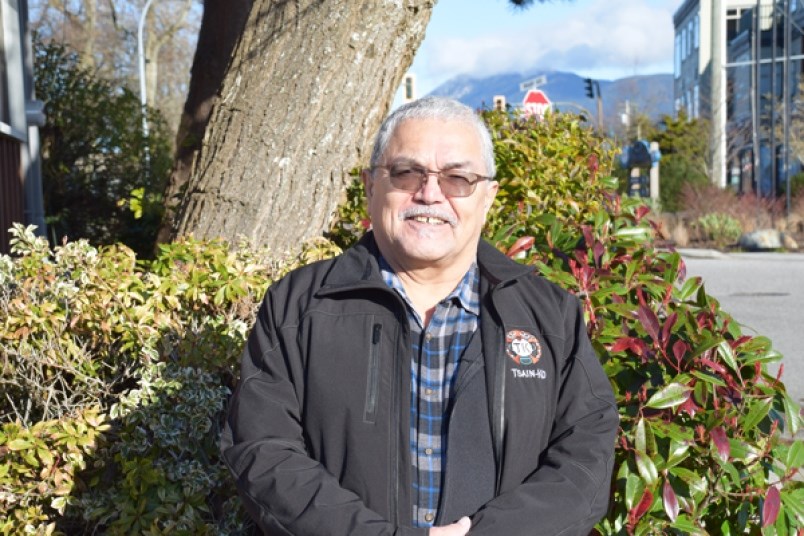Shíshálh Nation is calling for the immediate closure of the recreational sports fishery in their territory, days after Fisheries and Oceans Canada (DFO) announced the immediate opening of parts of the coast for chinook retention on May 14.
The opening is on a trial basis in parts of Areas 12, 13, 15, 16, and Subarea 20-5, which includes Sechelt, Salmon and Narrows inlets, Agamemnon Channel and Jervis Inlet. Fishers can catch one marked chinook per day, or one unmarked chinook at a maximum size of 80 cm, until the end of July 14. For subarea 20-5, which encompasses portions of Vancouver Island, the fishery will be open until the end of July 31 for marked chinook only.
Hiwus Warren Paull told Coast Reporter that DFO was scheduled to consult shíshálh Nation on May 19 – but opened the fishery five days earlier without prior consultation.
“For Canada to schedule meetings with us to ‘consult’ on our concerns about the recreational fishery, but then proceed to open the fishery before those meetings take place is a slap in the face,” Paull said in a press release. “It is also unlawful.”
The release lists the challenges Pacific salmon are facing, especially chinook salmon, including unfavourable environmental conditions, habitat degradation and loss, and low stock status.
“The evidence is clear,” Paull said in the release. “DFO has admitted that Chinook closures in 2020 did not achieve the hoped for decline in mortality. In other words, more needs to be done, and science does not support an opening. Yet, DFO has proceeded.”
The end result, he said, “will be another significant impact on all Indigenous peoples and our rights, and indeed further damage to salmon resources that are central to the heritage and well-being of all British Columbians.”
The Sport Fishing Institute of B.C. supports the opening in shíshálh territory, but is disappointed so many other areas on the coast were excluded, Owen Bird, the group’s executive director, told Coast Reporter.
Bird acknowledged long-standing concerns about the Fraser River chinook salmon stocks of concern, but said the sport fishing community had made proposals to DFO to fish hatchery chinook that are bred for harvest and clearly marked.
The May 14 opening in the Sechelt and Powell River areas are “a nice change to the regulation” on chinook fishing, he added, calling it an improvement to not allowing retention of unmarked or marked chinook in 2020.
“It's very disappointing that those proposals that had the same level of risk and careful consideration that the Sechelt and Powell River openings are allowing weren’t permitted in other places on the coast,” Bird said. “It's difficult to understand why some were approved and others weren't because they were all very precautionary, very cautious.”
An email from a DFO spokesperson on May 22 said DFO “shared technical information on a number of mark selective fishery proposals in February and reviewed feedback from First Nations and stakeholders to inform decision making.”
The May 14 fishery notice issued by DFO states: “These areas are located outside the primary migratory paths used by Fraser Chinook and are designed to limit impacts on wild Chinook stocks of concern. These opportunities are being implemented on a trial basis with enhanced creel survey monitoring.”
During the fishery for these areas, DFO told Coast Reporter, the department will work with anglers and local First Nations to support reporting catch information. Additional conservation measures including non-retention of chinook are expected to remain in effect for most southern B.C. waters for 2021.
In an interview, Paull said he feels for the recreational fishers, but that both commercial and recreational fishers need to look at the resource. For shíshálh Nation members, he said, the chinook was a staple and necessity for a long time.
“I totally understand why they [DFO] would be politically motivated in an election year to open up the fishery,” Paull said, adding bigger conversations about conservation and enhancement are necessary. “I think that at some point you have to kind of stand up and cry foul, especially when all the numbers that are being generated say that they’re not doing a very good job. And they should be having these conversations and they’re not.
“It’s time to come to the table, DFO,” he said.



